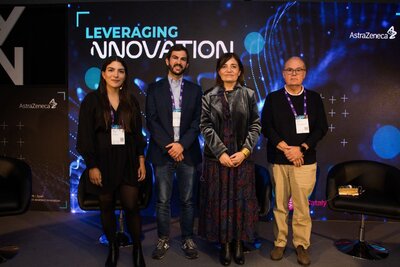-
Genetic mutations are identified as causing two types of hereditary blindness
The study led by Dr. Gemma Marfany describes how mutations in the NR2E3 gene lead to the death of photoreceptor cells involved in vision and pave the way for potential treatments.

-
New advances in Schaaf-Yang syndrome research
A team led by researchers from the Institut de Recerca Sant Joan de Déu · IBUB discover that mutations in the MAGEL2 gene generate non-functional truncated proteins that tend to accumulate in the cell nucleus.

-
A study opens the door to designing therapies to improve the lung development of excessively small fetuses
A study, involving researchers from the Institut de Recerca Sant Joan de Déu, provides new scientific evidence that shows that problems with lung development in a fetus that grows below normal levels are related to vascular resistance.

-
Discussing photonics tools for pediatrics in the 3rd BMPN annual meeting
The Barcelona Medical Photonics Network celebrated the third edition of its annual meeting, gathering experts focuses discussion on photonic techniques to improve diagnostics and treatment personalization in pediatrics.
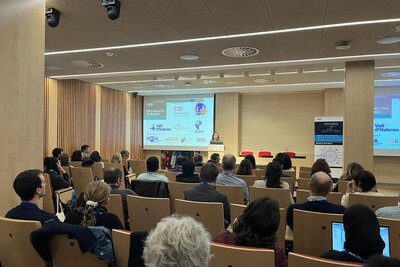
-
The amino acid L-serine shows efficacy in treating patients with mutations in GRIN genes
A clinical trial led by Dr Àngels García-Cazorla (IRSJD), has demonstrated the potential of the amino acid L-serine, administered as an oral supplement, to improve the function of glutamate receptors in patients with GRINpathies. The trial involved 24 children from different hospitals in Spain.
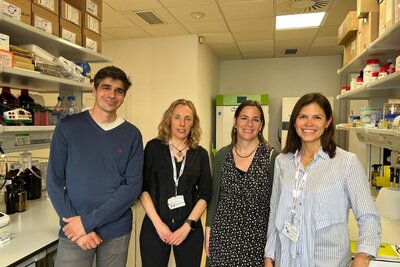
-
Researchers from IRSJD and IRB Barcelona unveil the origin of second pediatric cancers and chemotherapy-induced mutations in healthy tissues
A team from Institut de Recerca Sant Joan de Déu and IRB Barcelona has studied the cases of four children who have experienced two cancers during childhood and has addressed the origin of the second tumour. The work has been published in the journal Cancer Discovery.
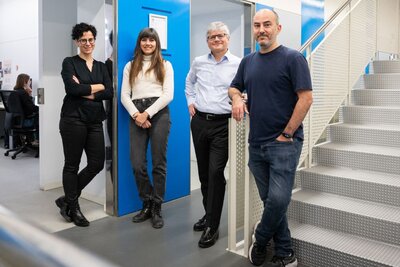
-
IRSJD and IRB Barcelona strengthen their research collaboration in pediatric cancer
The agreement includes the opening of a laboratory, led by Dr. Alexandra Avgustinova, which will address the specific vulnerabilities of developmental tumours to discover new therapeutic approaches. The shared Pediatric Cancer Epigenetics laboratory will be located on IRB Barcelona premises.
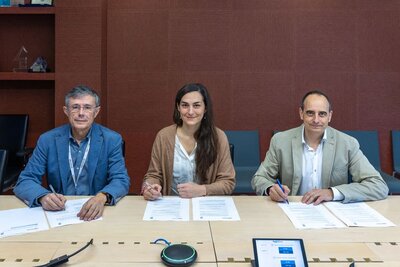
-
The first clinical trial of a gene therapy for Duchenne in children under 4 years old is initiated.
A research team from the Institut de Recerca Sant Joan de Déu · SJD Barcelona Children's Hospital is participating in an international clinical trial of a gene therapy for Duchenne muscular dystrophy in children under 4 years old.
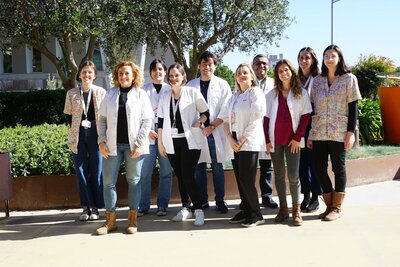
-
Flu-Copilot wins the first "Paediatric Innovation Challenge" by AstraZeneca and i4KIDS
The Flu-Copilot artificial intelligence tool, developed by the Canadian platform Arkangel Ai, has won the "Paediatric Innovation Challenge" launched by AstraZeneca and i4KIDS.
